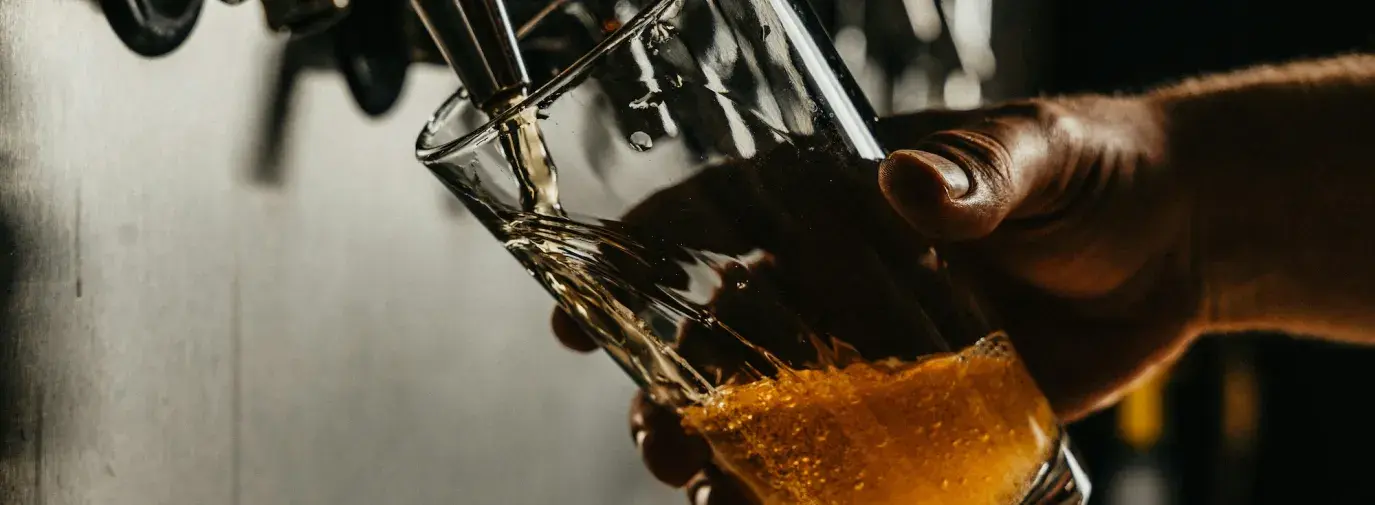
What the Starbucks?
On a daily basis Starbucks serves more milk than coffee. It is time Starbucks address the negative environmental impacts of the conventional dairy it sources. Milk is an environmental issue.

On a daily basis Starbucks serves more milk than coffee. It is time Starbucks address the negative environmental impacts of the conventional dairy it sources. Milk is an environmental issue.
Easily one of the world’s most popular and widespread coffee brands, Starbucks has paved the way for the modern mass coffeehouse industry with its promotion of corporate social responsibility and consistently strong branding.
One area of improvement for the coffee giant? Starbucks dairy milk.
While not genetically modified themselves, dairy products are not immune to the insidious impacts of GMOs. Cows living in concentrated animal feeding operations (CAFOs) are fed a grain diet comprised almost entirely of genetically modified corn, soy, alfalfa, and cotton seed. These crops degrade the quality of our land and water, perpetuate corporate-controlled agriculture, and have potentially negative health impacts on livestock. Additionally, the overuse of antibiotics in industrialized farming is contributing to the spread of antibiotic-resistant bacteria, putting us all at risk. Starbucks milk is an environmental issue.
With biotech giants Monsanto, Dow Chemical, and Syngenta lending power to industrialized agriculture, the future of our food system rests in the hands of profit-driven corporations, while people and the planet come last on the list of priorities.
Starbucks boasts nearly 20,000 retail stores in over 60 countries. With its global presence, Starbucks must prove its true dedication to sustainability and provide organic dairy milk at all of its locations to support a sustainable future for all.
Starbucks is already a leader in the coffee shop industry by serving rBGH-free dairy and using only USDA-certified organic soy milk. By setting the same organic standard for dairy milk, Starbucks can demonstrate a serious commitment to providing environmentally and socially conscious products.

Major beer companies, including Anheuser-Busch, are using harmful pesticides like glyphosate and 2,4-D in their barley and hops. These chemicals threaten human health, devastate pollinator populations, and contaminate our water systems.
We’re calling on The Children’s Place, Carter’s, and H&M to take the next step in sustainability by committing to reduce their use of polyester.
A resource for beginners: Take charge of your finances in four areas - banking, credit cards, property insurance, and investing.
Green America is pushing Artificial Intelligence (AI) companies to use renewable energy so communities aren’t polluted and climate change isn’t made worse by fossil fuels they plan to use.
The dairy industry isn’t what it once was: bucolic imagery of red barns and a few cows roaming the grass-covered hills. The industry has become a thing of the past; more concerned with profit and efficiency than the cows themselves.…
Long gone are the small-scale family farms that provide dairy to local cheese producers and families. This is the era of industrialized agriculture and concentrated animal feeding operations (CAFOs). One of the many dirty secrets of the dairy…
Starbucks is one of the world’s most popular and widespread coffeehouse brands. It has over 22,000 cafes in 66 countries.1 In…